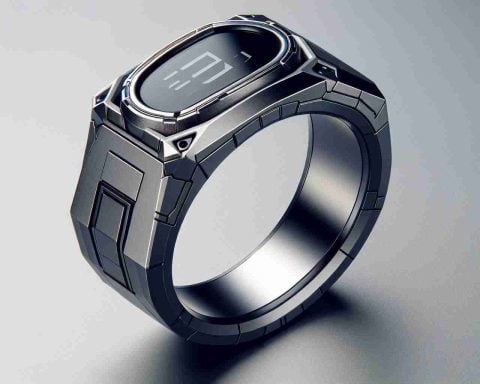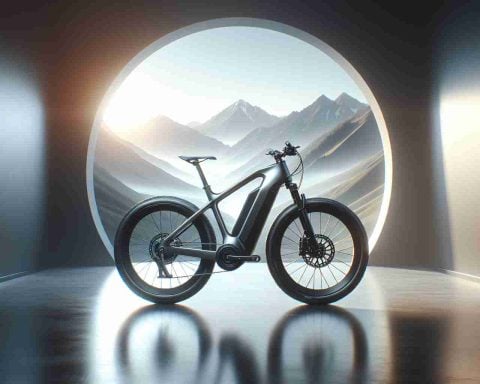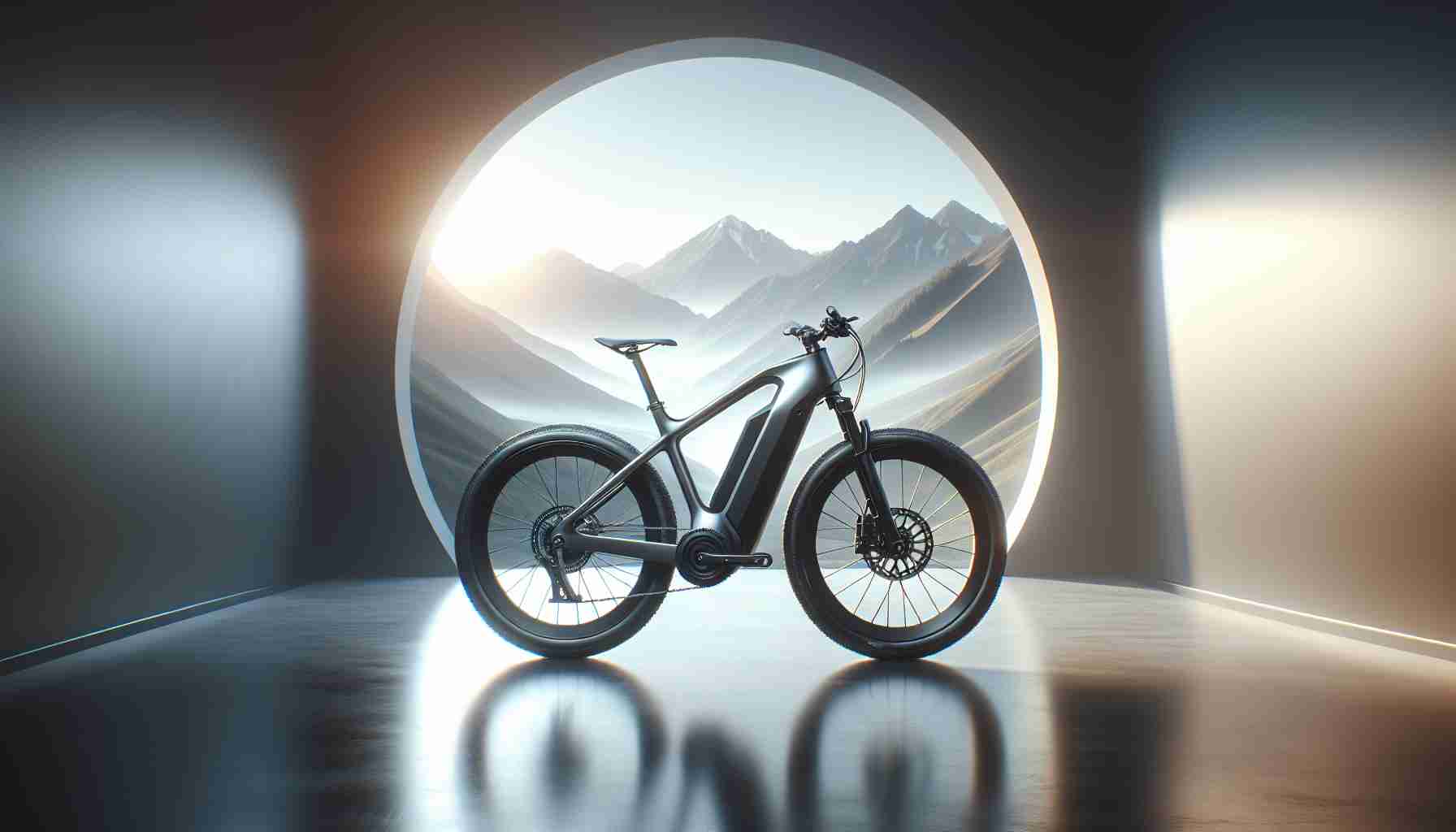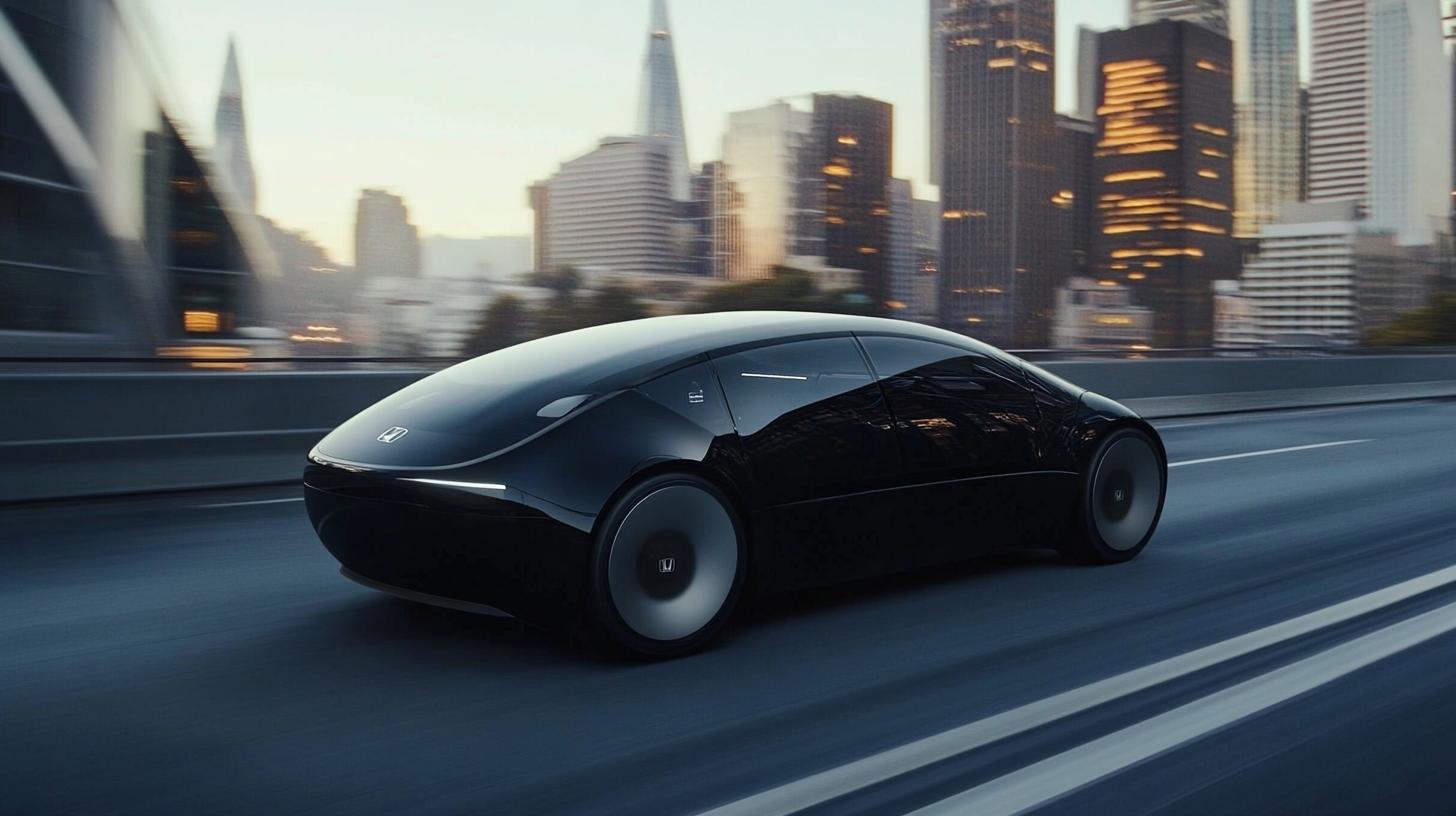Electric mountain bikes have sparked a long-standing debate among mountain bikers since their introduction 15 years ago. The advancement of ebike technology has made them more affordable and better-performing, but opinions on whether they are ruining our trails remain divided. While some argue that the extra traffic from ebike riders causes trail erosion and degradation, others believe it is a misconception.
It is true that repetitive use of the same trail by ebike riders can accelerate erosion, and the added weight of the bikes may lead to braking bumps and ruts. However, these issues are not exclusive to ebike riders. Trails that are well-made and properly maintained are less likely to be affected significantly by any type of bike.
The key factor contributing to trail traffic is the increased number of riders overall, regardless of their choice of bike. The rise in popularity of mountain biking, including the growing number of people riding ebikes, has led to more riders on the trails. This surge in ridership should be seen as a positive development for the sport, rather than blaming specific bike types for trail erosion.
The most important aspect when riding any type of bike, including ebikes, is trail etiquette and respect for other riders. Being considerate and mindful of your surroundings is crucial to ensure a safe and enjoyable experience for everyone. It is essential to yield to uphill riders, maintain an appropriate speed, and avoid creating unnecessary damage to the trails.
Embracing ebikes as part of the mountain biking community allows for greater accessibility and diversity within the sport. Electric mountain bikes expand the possibilities for riders of different fitness levels, enabling them to experience trails that would otherwise be challenging. Moreover, they encourage more people to get involved in mountain biking, which ultimately benefits the sport as a whole.
As the popularity of ebikes continues to grow, it is crucial for riders to prioritize responsible riding practices and trail stewardship. By following proper trail etiquette and supporting trail maintenance efforts, we can ensure the long-term sustainability of our trails. Electric mountain bikes are not ruining our trails; it is the responsibility of riders, regardless of the type of bike, to ride responsibly and preserve our natural spaces for future generations.
The electric mountain bike industry has experienced significant growth in recent years, driven by advancements in technology and a rising interest in outdoor recreation. According to market research, the global electric bike market is projected to reach a value of $38.6 billion by 2025, with electric mountain bikes comprising a significant portion of that market.
One of the main reasons for the increasing popularity of electric mountain bikes is their enhanced performance capabilities. Modern ebikes are equipped with powerful motors and long-lasting batteries, allowing riders to tackle challenging terrains with ease. This has opened up mountain biking to a wider range of enthusiasts, including those who may have physical limitations or are new to the sport.
Despite their benefits, the use of electric mountain bikes has raised concerns about trail erosion and degradation. Critics argue that the added weight and increased traffic from ebike riders can have a negative impact on trail conditions. While there is some truth to these concerns, it is important to note that proper trail design and maintenance can mitigate these issues.
Trail builders and land managers play a crucial role in ensuring sustainable trail networks. Constructing trails that are designed to withstand the demands of all types of bikes, including electric mountain bikes, can help minimize erosion and maintain trail quality. Additionally, ongoing maintenance efforts, such as regular trail inspections and repairs, are essential for preserving the longevity of the trails.
Furthermore, education and awareness around trail etiquette are essential for minimizing the potential negative impacts of electric mountain bikes. Riders should be encouraged to yield to uphill riders, reduce speeds when necessary, and avoid skidding or creating unnecessary damage to the trails. Organizations and advocacy groups are actively promoting responsible riding practices to ensure a harmonious coexistence between all trail users.
It is evident that the electric mountain bike industry presents both opportunities and challenges for the mountain biking community. While there are valid concerns about trail erosion and degradation, it is crucial to approach the issue holistically and consider the broader context of trail usage. With proper trail design, maintenance, and responsible riding practices, electric mountain bikes can coexist with traditional mountain bikes and contribute to a more inclusive and diverse sport.
The article has been updated: 2024-11-02 12:12
Here are some suggested related links to include in your post:
1. International Mountain Bicycling Association (IMBA) – A leading organization dedicated to promoting sustainable mountain biking and trail stewardship through education and advocacy.
2. National Mountain Biking Series (NMBS) – An organization focusing on mountain biking events and education while promoting responsible riding practices.
3. EMTB.com – A dedicated resource for electric mountain biking, featuring news, reviews, and discussions about responsible riding and trail etiquette.
4. Bikepacking.com – A website offering resources and information related to bikepacking and trail riding, with a strong emphasis on sustainable practices.
5. Trail Association – A non-profit organization that advocates for responsible trail use, maintenance, and sustainable practices within the biking community.
6. Bicycling Magazine – A publication covering various aspects of cycling, including articles on trail etiquette and the benefits of electric mountain bikes.
7. Environmental Protection Agency (EPA) – The U.S. government agency dedicated to protecting the environment, offering resources and guidelines on sustainable outdoor practices and land use.
8. Leader Tide – An online community that shares insights and tips on eco-friendly cycling, including electric bikes and responsible trail use.
9. MTB Project – A comprehensive resource for mountain bike trails and routes, focusing on user-shared information and responsible trail etiquette.
10. Singletracks – A website that provides mountain biking news, trail reviews, and advice on best practices for riding on trails responsibly.
The article has been updated: 2024-11-03 20:48
What are some key practices for riding electric mountain bikes responsibly while maintaining trail etiquette?
To ride electric mountain bikes responsibly and uphold trail etiquette, consider the following practices:
1. Stay on Designated Trails: Always stick to marked trails to minimize environmental impact and avoid damaging natural habitats.
2. Yield to Pedestrians and Cyclists: When encountering hikers or other cyclists, slow down and give way. It’s important to show respect for all trail users.
3. Control Your Speed: Electric mountain bikes can accelerate quickly. Maintain a safe speed, especially in crowded areas or downhill sections to ensure safety for everyone.
4. Be Mindful of Noise: While electric bikes are generally quieter than traditional motorized vehicles, it’s still courteous to ride quietly, especially in natural areas.
5. Practice Leave No Trace Principles: Carry out all trash and be mindful of where you stop to avoid damaging sensitive areas. Leave natural and historical features undisturbed.
6. Educate Yourself on Local Regulations: Different trails may have specific rules regarding the use of electric bikes. Always check and comply with local regulations.
By following these guidelines, you contribute to a sustainable future for trails and enhance the experience for all outdoor enthusiasts.























